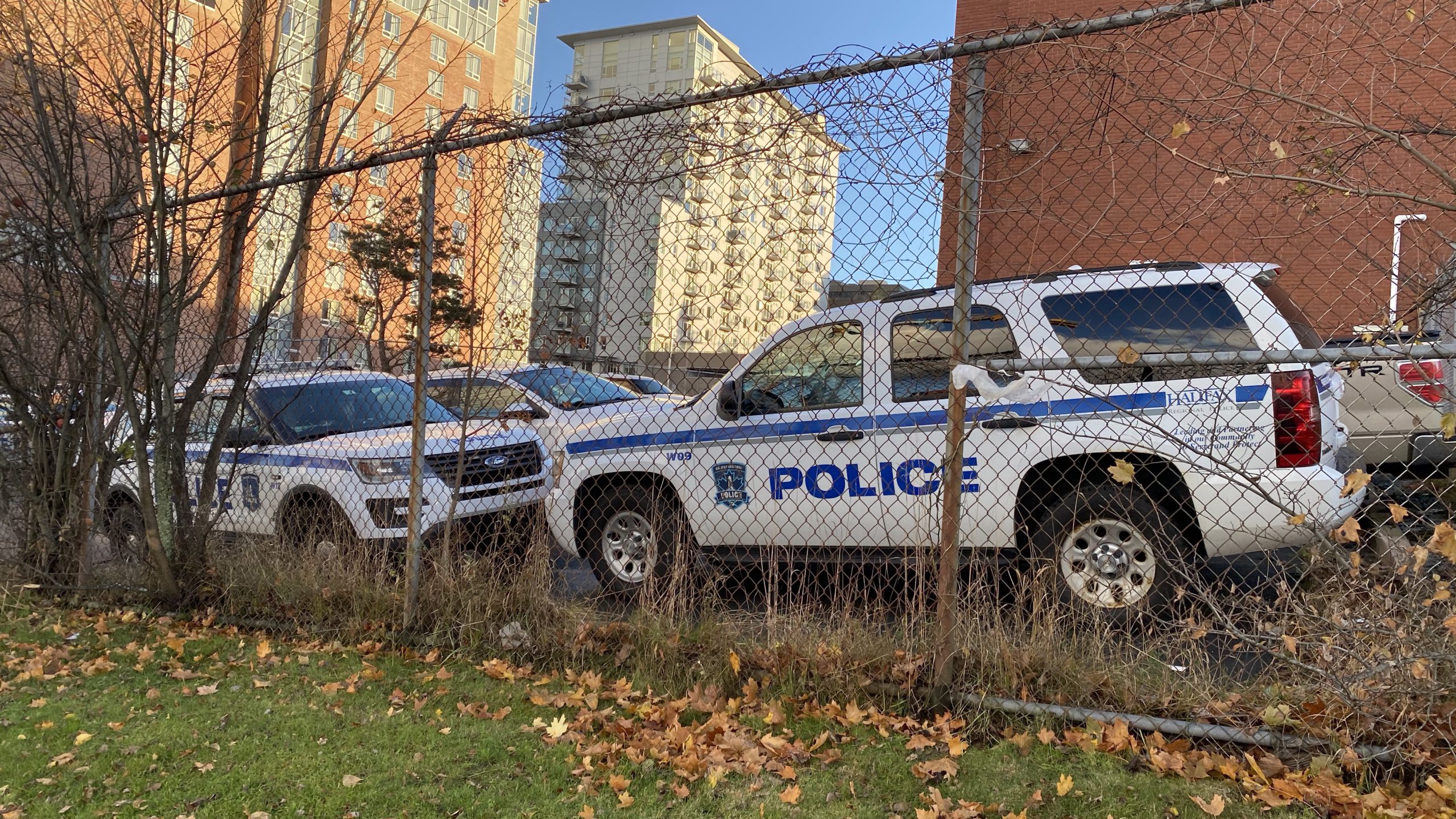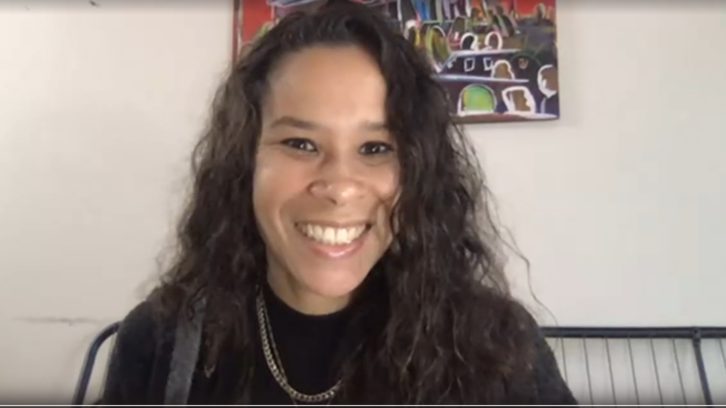Community input to guide conversation on defunding the police
Public hearings for Halifax may begin as early as January

caption
The movement towards defunding the police has picked up momentum across Canada and the United States following protests against police violence over the summer.A new committee will be formed to define “defunding the police” with input from multiple local communities.
Halifax Board of Police Commissioners made the decision to form this committee at their monthly meeting on Monday after a presentation by activist El Jones.
Jones, who was appointed to guide the process, said coming up with a definition means involving the community as much as possible through the creation of a committee and public hearings.
“Community needs to be involved in this conversation, both critically people who disagree completely and people who agree as well. I think it needs to be a broad conversation in order to be meaningful,” Jones said.
Public hearings could start as early as January and conclude in the spring.

caption
El Jones says that community inclusion is important to defining “defund the police” for Halifax.How the committee might be formed
Jones detailed some of the definitions for defunding the police that have been developed elsewhere. The Canadian branch of the Black Lives Matter movement, for example, proposes an emergency service for people in mental distress and disarming the police as they have in the United Kingdom. She stressed that while definitions and models of defunding the police do exist, they aren’t necessarily a fit for Halifax.
“This is where things get more contentious,” Jones said, explaining even though people will disagree on how and why the police should be defunded, all voices should be taken into consideration.
The committee proposed by Jones would not only come up with a definition but also outline a process through which it could be accomplished. Jones suggested several candidates for the committee, including OmiSoore Dryden, the James R. Johnston Chair for Black Canadian Studies at Dalhousie University, and Dr. Leah Genge, who has expertise in addiction medicine and works with homeless people. Jones also suggested representatives from organizations including the African Nova Scotian Decade for People of African Descent Coalition and the Nova Scotia Policing Policy Working Group.
Jones said the committee should also include representation from the Mi’kmaw, LGBTQ2S+, and disabled communities, with the understanding that these communities are those impacted by police more and would have more expertise in alternatives to police operations.
The issue of defunding the police picked up significant momentum in Canada and the United States following the death of George Floyd in Minneapolis last May. Floyd’s death has led to ongoing discussions on police use of force and systemic racism in society.
Public hearings such as those proposed by Jones have already been held in Edmonton, Toronto and Winnipeg, and she described the hearings as “crucial” to the process.
Now that the police board has adopted the proposal in principle, Jones can start planning community outreach while the board works on budget issues and the composition of the committee.
About the author
Ben Roth
Ben Roth is a freelance journalist working in Edmonton, Alberta. He is a graduate of the University of King’s College journalism program where...
